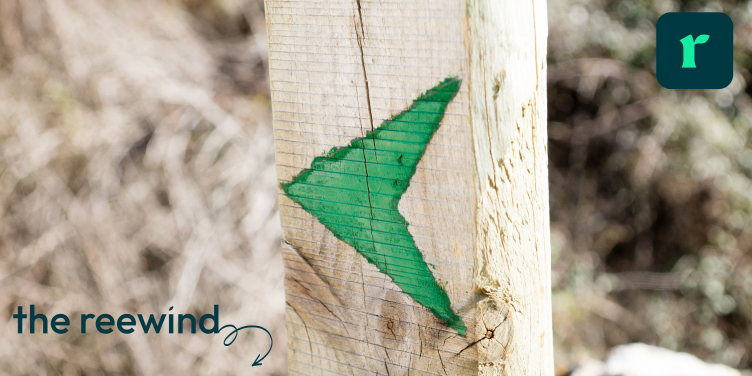
Our Top Stories
UK not prepared for climate change: Edie reports on a new National Trust survey, which shows 45% of Brits think the UK is ‘not at all prepared’ for the changing climate. Furthermore, only 4% of UK adults think that the UK Government has a good climate adaptation plan. The public are noticing the increased frequency of extreme weather, with the National Trust stating that the effects on the UK are no longer “visible only to an expert eye”. As a response to the survey, the National Trust is now calling on the UK Government to set a time-bound, science-based target for climate adaptation, much like its 2050 net-zero goal for climate mitigation. [Edie]

How to align with conscious consumers: Now that the impact of unsustainable business is clear, there has never been a more vital time to act – for the sake of people and prosperity, as well as the planet. According to Speciality Food, there is a growing demand for mission-driven businesses that want to change the world for the better. With conscious consumers becoming increasingly prevalent, it’s time for businesses to focus on issues that are relevant to their audience, by shifting strategies to create meaningful, positive impact. [Speciality Food]
Precise language to tackle greenwashing: Carbon Responsible talks to Sustainability Magazine, to highlight the need to do away with vague vocabulary when it comes to sustainability. The use of more precise language, it argues, incentivises more appropriate strategies that in turn lead to real action. Scrutiny on the prevalence of vague ambitions is growing. For example, Walmart has pledged to reach ‘zero emissions’ by 2040, but its action plan does not address Scope 3, which accounts for 95% of its overall emissions. New regulatory guidelines should, however, serve as a wakeup call to many businesses with lacklustre plans. [Sustainability Magazine]
Brand Spotlight - UPSIDE Foods and GOOD Meat
UPSIDE Foods and GOOD Meat (Eat Just) will be the first to launch cultivated meat in the US after clearing the final hurdle required by regulators. This is a positive step in reducing the production of animal products, as we look to restore nature, maintain biodiversity, and halt climate change across the agricultural sector. Industry stakeholders are now waiting to see if US consumers are sufficiently enthused by the first wave of products from the two companies. [AgFunder]

Research Corner
The importance of seagrass: Bridget Shayka and her team have shown just how important seagrass habitats are for fighting climate change. In their Caribbean seagrass study, they found that the islands’ ecosystems provides about $255 billion in services to society annually, including $88.3 billion in carbon storage. Putting a dollar value on the many services - including storm protection, fish habitat, and carbon storage - provided by seagrasses across the Caribbean, unlocks significant financial incentive to protect areas on a greater scale. The Caribbean seagrass habitats contain about one-third of the carbon stored in seagrasses worldwide. [Royal Society Publishing]
Stat Attack
“A new report from Nethergill Associates finds up to a 45% increase in commercial return for nature-friendly farms.”
Source: The Wildlife Trusts
The Big Picture

About Reewild
The food and agriculture industry is at the heart of the climate crisis, generating around a third of man-made greenhouse emissions. And while the challenge of reducing its impact may seem beyond our grasp, it is one that we all have the power to tackle.
We believe that the solution lies in climate transparency. That’s why we’re equipping businesses with the means to evaluate and communicate the emissions of their products. This, in turn, means consumers are armed with credible, independent information, which can be used to make more sustainable choices.
We know that many people want to take climate action but lack the necessary tools and information to do so. We're confident that, armed with the right knowledge, everyone can and will do their bit to build a greener, more sustainable food system.
Download the Reewild app
Follow us on social media
https://www.instagram.com/reewild.earth/
https://www.linkedin.com/company/reewild/

.png)


